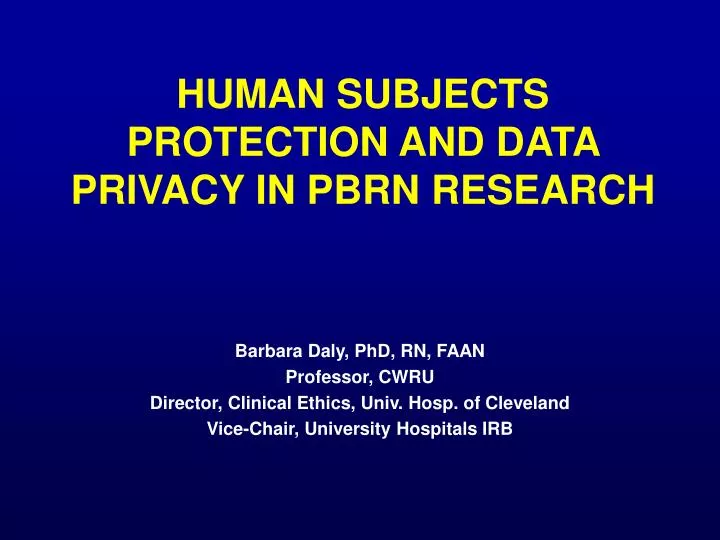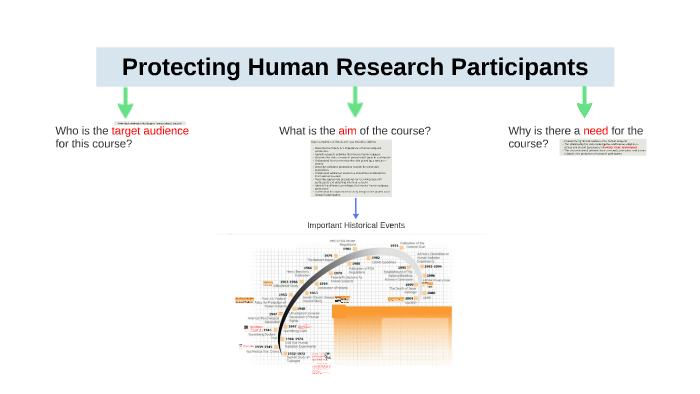

Participants with reduced decision-making capability(Wolf et al., 2015).Īdditional Protections Needed for Federally Identified Vulnerable Research Populations. As such, permit from various organizations such asĬertificate of Confidentiality (CoC) that protects against compelled disclosure, HIPPAĪuthorization in accessing participants' medical records, FERPA guidelines to access individualĮducational records, and signature from the Legally Authorized Representative (LAR) for adults' Reduction of risks for human participants. In most cases, various organizations have instituted various provisions to ensure the Population of interest in the study, and combining research procedures with clinical Unnecessary risks, ensuring that the projected sample size will generate the anticipated results,ĭevelopment of practical strategies to formulate inclusion/exclusion criteria that will allow the Professionals in a study, utilization of practical procedures that protect participants from Of complete information in the protocol regarding the experimental design, use of qualified

However, some strategies have been implemented in various research such as provision Mitigated by encrypting data to reduce risk significance(Pisani et al., 2016). For instance, breaching theĬonfidentiality of critical participant information poses a risk of serious harm, which can be Reduce the severity of harm to participants(Hébert et al., 2015). That risk can be minimized or eliminated by incorporating precautions and safeguard policies to Subjects, which can be physical, psychological, social, legal, or economical. The IRB defines risk as to the probability of harm or injury that can occur to human Strategies to Minimize Potential Risks to Research Participants. Guideline formulated to avoids any violation that would deem the research unethical(Wolf et al., As such, researchers are advised to follow every Harming of human participants may occur throughĮvaluations, assessments, or clinical practice. Through unethical or careless activities. Surveys and questionnaires, interview and focus groups, analysis of biological specimens,Įpidemiological studies, assessment of educational or social programs, cognitive and perceptualĮxperiments, and medical chart review studies(Weissman et al., 2018).Īccording to U Food and Drug Administration, any activity that involves a test articleĪnd human subjects requires authorization from the agency to prevent harming human subjects Some of the activities that may involve human subjects comprise Involved in activities by interaction with investigators through communication and maintenance War Crimes Tribunal at Nuremberg convicted twenty medical doctors and three administrators Live viruses, forcing people to ingest poisons, and immersing them in ice water. The experiments involved torture, injecting participants with gasoline and Medical War Crimes that happened between 19(Geiß & Devaney, 2017).ĭuring this period, thousands of prisoners were involved in 'medical experiments,' which

Some of these studies can be traced five decades ago, starting with Nazi Additionally, not all human researches are necessary, and they ultimately not useful in Lacked confidentiality and insufficient knowledge in promoting justice and beneficence However, history indicates several instances when researchers It is worth noting that advancement in human health and welfare requires effective research History and Importance of Human Subject's Protection. In most studies involving human subjects, there is a question of the appropriateness ofĮqual treatment, which requires justice and transparent discussion to prevent violation of laws Participants' privacy and protection of confidential data collected from participants(Hébert et al.,Ģ015). As such, the Institute Review Boards (IRB) was formulated to ensure the protection of Requiring the federal government to institute laws and regulations to govern human subjects However, with these guidelines, many investigations are found to break the law, therefore Running head: PROTECTING HUMAN RESEARCH PARTICIPANTS 1ĭuring medical investigations, researchers have the responsibility to observe ethicalĬonsiderations that are essential in minimizing harm and preserving respect for persons.


 0 kommentar(er)
0 kommentar(er)
